In recent times, email security has taken center stage, and for a good reason. Email remains one of the most common communication channels for businesses, but it’s also a prime target for cybercriminals. Recognizing this, major email service providers like Google and Yahoo have made significant strides in bolstering email security through a protocol called DMARC. In this blog post, we’ll delve into what DMARC is, why it matters, and how it impacts your business.
What is DMARC?
DMARC, which stands for Domain-based Message Authentication, Reporting, and Conformance, is an email authentication protocol designed to combat email spoofing, phishing attacks, and domain impersonation. It allows domain owners to specify how their emails should be authenticated and what action should be taken if authentication fails.
The Importance of DMARC:
Google, Yahoo, and other email providers have recognized the critical role that DMARC plays in safeguarding their users from malicious emails. As a result, they have implemented strict DMARC policies and now require domain owners to adhere to them. Here’s why DMARC is vital:
- Reduced Phishing Attacks: DMARC helps ensure that emails sent from your domain are genuine. This reduces the chances of recipients falling victim to phishing attacks that often impersonate trusted brands.
- Enhanced Deliverability: Email providers are more likely to deliver your legitimate emails to the inbox when they see that your domain is protected by DMARC. This improves your email deliverability rates.
- Brand Reputation: By implementing DMARC, you protect your brand’s reputation. It sends a clear message that you take email security seriously and can be trusted.
What Do the Changes Mean for You?
If you’re a business owner or responsible for your organization’s email communications, these changes have implications for you. Google and Yahoo, amongst others, now require senders to have a valid DMARC policy in place, with a stricter “p=reject” policy. This means that emails sent from your domain must be properly authenticated, or they may be rejected outright by the recipient’s email provider.
How to Get Started with DMARC:
Assess Your Current Email Infrastructure: Begin by assessing your current email setup to understand how emails are sent on behalf of your domain.
Implement DMARC: Create a DMARC policy for your domain. You can start with a “p=none” policy to monitor email traffic and gradually move towards a “p=reject” policy once you’re confident that all legitimate email sources are properly authenticated.
Monitor and Adjust: Regularly monitor your DMARC reports and adjust your policy as needed. DMARC provides valuable insights into the sources of email traffic, allowing you to spot unauthorized senders.
Conclusion:
The changes that Google, Yahoo, and other email service providers are requiring regarding DMARC are a proactive step towards a more secure email ecosystem. While the transition may seem daunting, it’s a crucial measure to protect both businesses and email recipients from cyber threats. By implementing DMARC, you not only ensure compliance with these requirements but also enhance your email security, brand reputation, and trustworthiness in the eyes of your recipients.
If you have questions or need assistance with DMARC implementation, feel free to reach out to us. We’re here to help you navigate these changes and keep your email communications secure.
Stay safe online!
For more information, please visit the Google blog
You can see how your domain scores at SendMarc . You can check your domain at https://tools.sendmarc.com/. if you do not score 5/5 then you’re at risk, we foresee that this will become a significant area of concern for us in the upcoming months due to the changes imposed by major email providers aimed at reducing spam. We believe that continuous updates, adjustments, and maintenance will be necessary to ensure our customers’ security, authentication, and compliance with email service providers’ requirements.
To assist with this, we have introduced a service that actively monitors your domain for any non-compliant, unauthenticated, or insecure elements. If you’d like more information about this service please contact us at [email protected] or call 01675430080.


